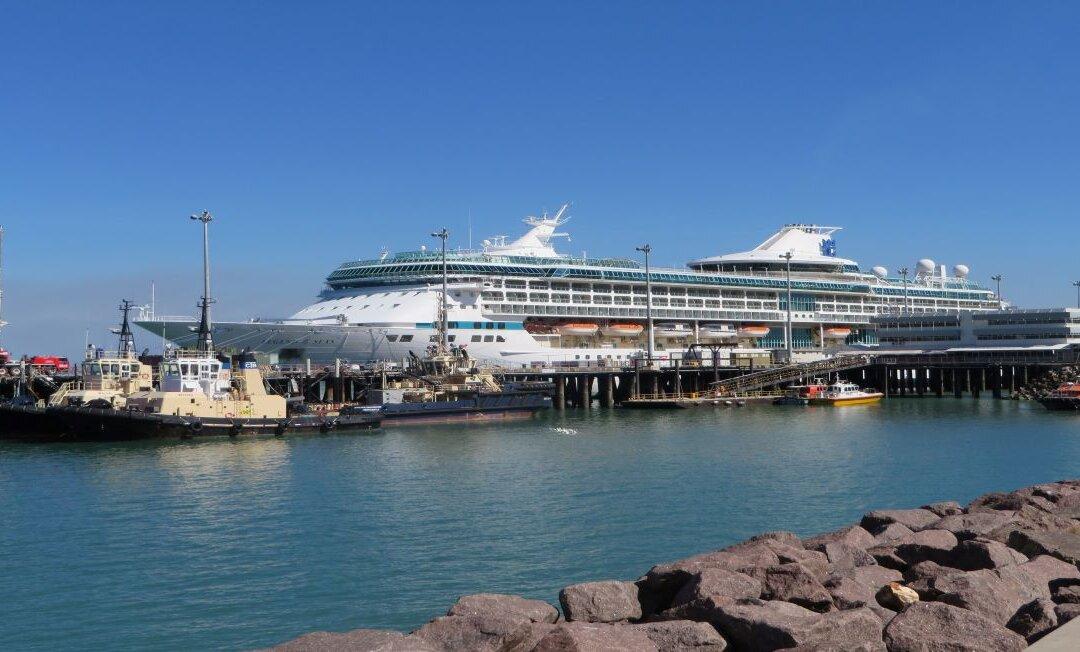Federal MP George Christensen has told Parliament that it is against Australia’s national interest for the Port of Darwin to be in the hands of a Chinese company which owns a 99-year lease.
Christensen’s comments come after it was previously reported that he would back a motion by MP Bob Katter that would call on the Australian government to force Chinese company Landbridge to sell the Port of Darwin to an Australian buyer.





